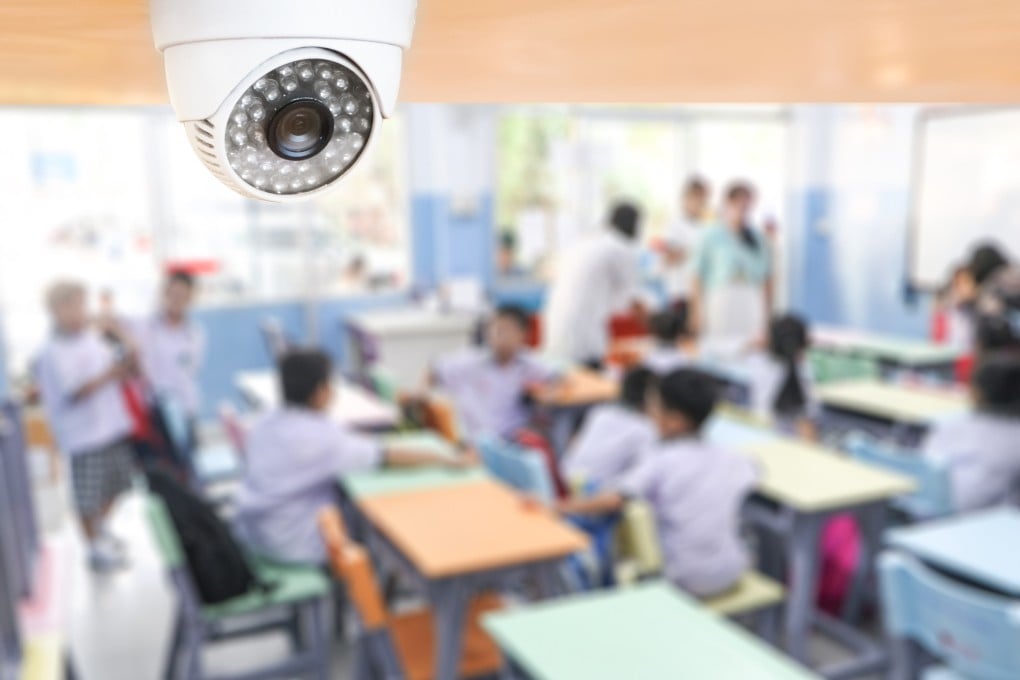North Korea buying Chinese surveillance cameras in push to tighten control, report finds
- State media reports show surveillance - using cameras mostly sourced from Chinese vendors - becoming more common at schools, workplaces, airports
- But, the isolated country’s digital ambitions have to contend with poor electricity supplies and low network connectivity, a report says

But the isolated country’s digital ambitions have to contend with poor electricity supplies and low network connectivity. Those challenges, and a history of reliance on human methods of spying on its citizens, mean that digital surveillance isn’t yet as pervasive as in China, according to the report, published by the North Korea-focused website 38 North.
These efforts were boosted by the Covid-19 pandemic, during which the North imposed stringent border controls that were maintained for three years before a cautious reopening in 2023.
New laws and recent reports of harsher punishments suggest that the government is cracking down on foreign influence and imported media, likely helped by fences and electronic monitoring systems installed on the border with China during the pandemic.
